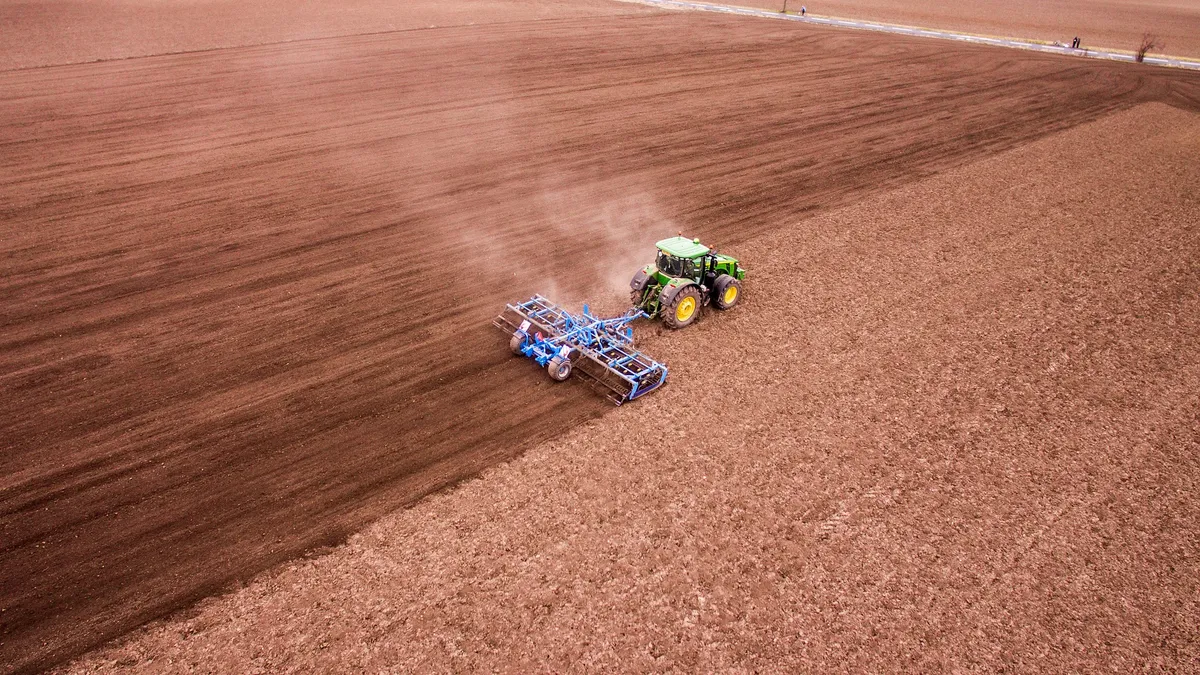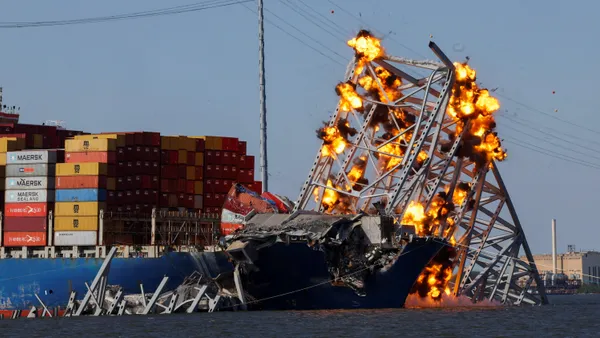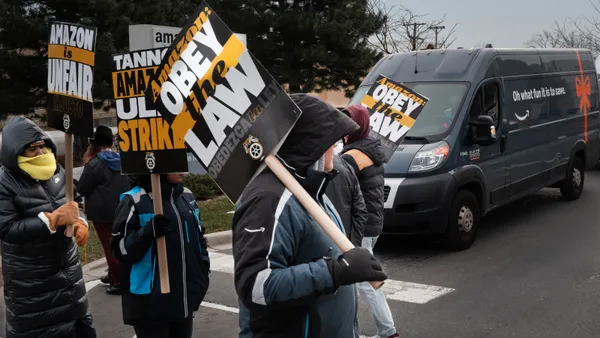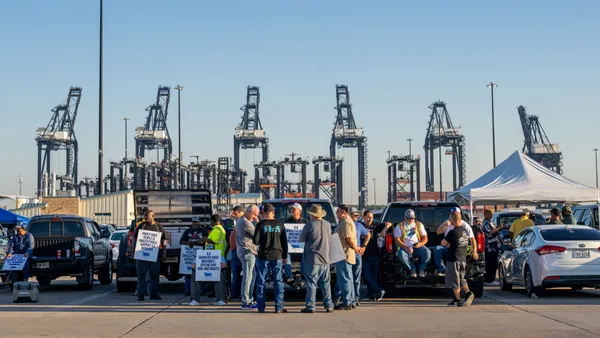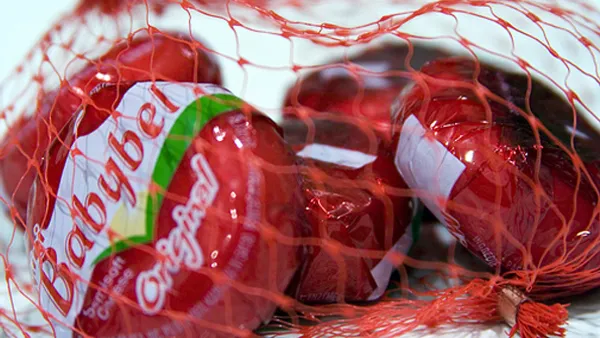Dive Brief:
-
Unilever is the most competent manager of supply chain risk factors associated with water out of 40 large food, beverage and ingredients companies, ranked in a new report from nonprofit sustainability group Ceres. Right behind Unilever — which scored 87 points out of 100 — was Nestlé with 85 points. General Mills, Coca-Cola and PepsiCo round out the top five. Sanderson Farms, with zero points, scored the lowest. Monster Beverage, Pilgrim's Pride and Chiquita Brands all had fewer than 10 points.
-
Awareness of water risk is growing — 77% of 35 publicly traded food and beverage companies now name water a risk factor in financial filings, an increase from 59% that did so when Ceres did its last report in 2017. Operational water risks include reduced primary livestock or crop production, necessitating sourcing changes, which could result in increased freight costs and supply disruptions.
-
Although the food industry is becoming more aware of water risks, the 2019 analysis shows CPG, beverage, agricultural products and meat companies are still not effectively managing this risk in their operations or global supply chains. Food companies need to move faster — investing in smart and water-conscious agriculture — to meet the challenges posed by the global water crisis, protect their bottom lines and return value to investors, the organization said.
Dive Insight:
Climate change's effects are putting unprecedented strain on global water supply and quality, which Ceres said threatens profitability of the $5 trillion global food sector. The outlook and implications for food companies are grim, the organization added.
The Ceres report noted the food sector has improved management of water risk in the past few years. This is imperative considering that about 70% of global water use fuels the larger food and beverage industry, and it's one of the first major industries to be exposed to problems caused by a strained supply, report co-author and Ceres Vice President of Innovation and Evaluation Brooke Barton said on a media call.
The average company score rose 22% since 2017 and 52% since 2015. Reasons for this include corporate board members becoming more aware of water issues, more companies setting water use efficiency goals, and food companies more often analyzing the water-related risks — physical, regulatory and reputational.
The report singled out Unilever for adding 14 points to its latest score and regaining the No. 1 spot by strengthening its board oversight of water risks, tying executive compensation to meeting water performance targets and bolstering efforts to protect watersheds critical to its agricultural supply chain. Ceres said Mars improved its score by 27 points because it set new water reduction targets based on challenges within different watersheds.
While the packaged food, beverage, agricultural products and meat sectors improved average scores from the two previous Ceres reports, the meat industry continues to be the lowest-performing of the four because "meat processors continue to do relatively little to ensure resilient supply chains," the report said. Every meat company analyzed except Smithfield Foods was in the bottom half of all the companies assessed, Ceres noted.
Specific actions some food companies are taking to enhance sustainable sourcing were called out in the report. Kellogg has set out to responsibly source 10 priority ingredients by 2020. It defines that goal for each ingredient and reports on progress. So far, Kellogg has responsibly sourced at least 80% of most of its priority commodities, Ceres said.
PepsiCo is doing something similar with its commodity purchases, and the company is aiming to enhance water use efficiency by 15% by 2025. These goals cover most of its key commodities, the report said.


